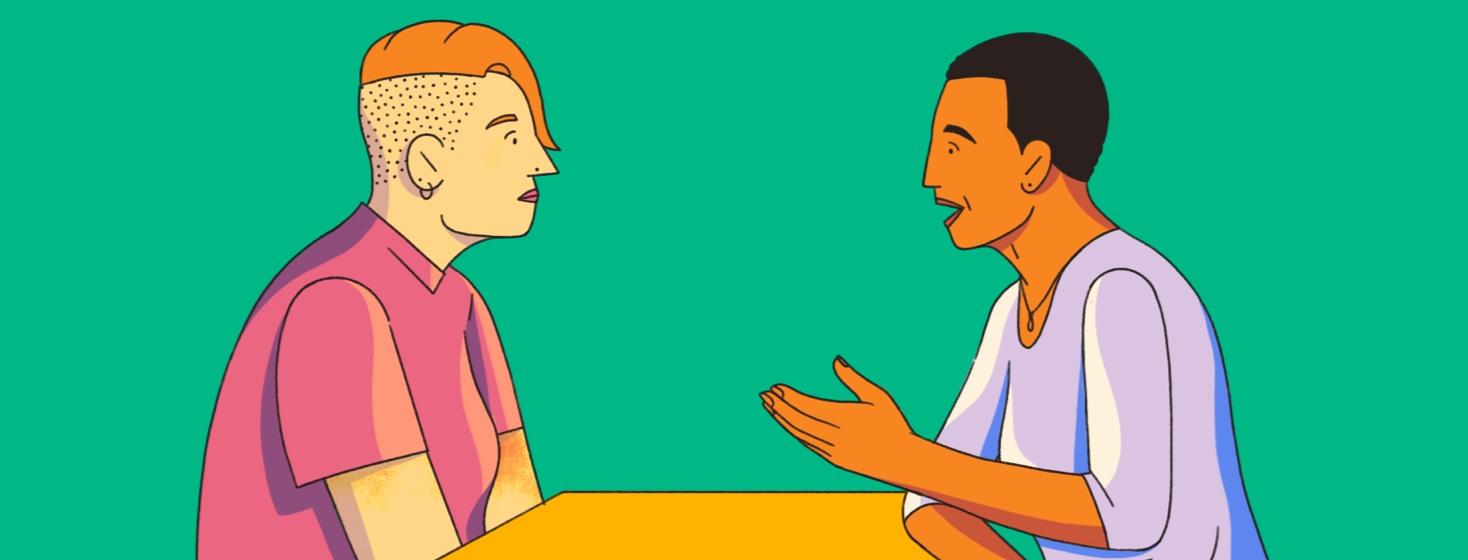Can Psoriasis Affect Friendships?
Psoriasis can be a cruel condition to have. There’s the itch that won’t stop, the bleeding that comes when you do finally itch, and the lesions that grow larger and larger. Not only do you have to monitor yourself physically to make sure you’re not picking up infections or generally feeling unwell, but you also have to make sure you keep your mental health in check too. This is a mentally exhausting condition to have, after all, so self-care is very, very important.
Most of us desire human contact, and this can be part of the self-care and relaxation time we need. We all want to be liked, go out, socialize and be happy. But what about when conditions get in the way of that or make existing connections much, much more difficult?
Psoriasis is a very visible condition
There is no getting away from the fact that psoriasis can be a very visible condition. It can appear just about anywhere on the body. And while you can mostly cover it up if it affects your legs, arms and chest areas, it’s a lot more challenging when it affects your neck or face.
You may get stared at in the street, receive odd looks from colleagues at work, or you could be totally shunned by the people around you and those that are meant to love you.
Thankfully lots of people avoid this and have a very supportive network of friends, colleagues, and relatives who look out for them and understand the complexities day to day with living with a condition such as psoriasis.
Featured Forum
View all responsesBut what do you do when people are not understanding, are dismissive or simply cut you out because they don’t know much about psoriasis or just find the fact you have it too much for them to handle? I haven’t had that experience, so perhaps I’m not best placed to write this. However, I do know anecdotally of stories from other sufferers who have had this experience. So instead of me writing about my own experience, I’m going to write about what would help me if it did happen.
What if someone doesn't get it?
The first thing I’d try and do is simply to educate the person. So, be knowledgeable about the condition. Understand yourself that psoriasis is non-contagious, it’s lifelong and carries a huge physical and emotional burden.
After that, show them groups you go to or helpful online resources that explain, in more depth, psoriasis and how its down to a faulty gene.
If you’re feeling brave and you know the person, you may want to show them your treatment, what creams and ointments you use on a daily basis, and how troublesome the condition is when it takes up so much of your time and space at home.
Never give up when you have psoriasis. You may have good days, you may have bad days, but every day is a day worth living.
In life, you may find people who either find your condition too much for them to handle, or they simply need a bit of educating on what psoriasis is and how it manifests. Maybe just give them a few pointers and let them know more about psoriasis. Ultimately however, if they don’t want to be your friend because of your psoriasis, then you’re better off without them.

Join the conversation